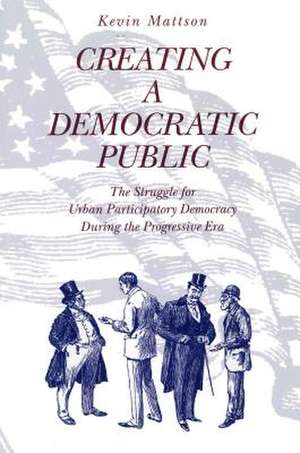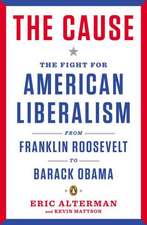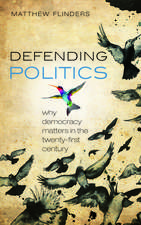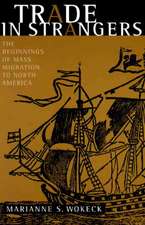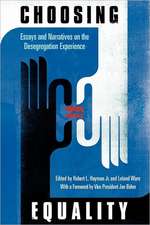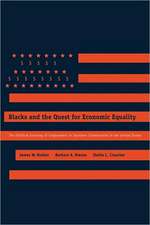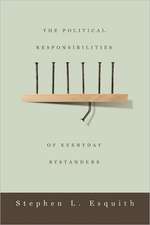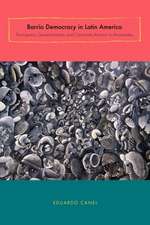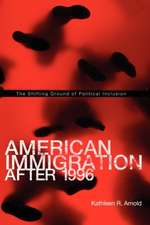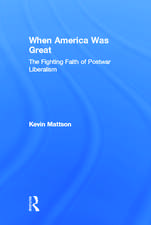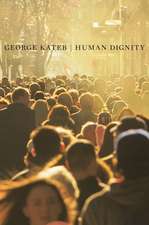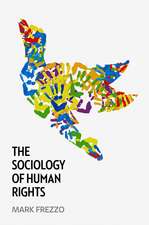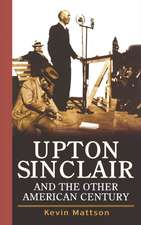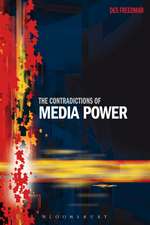Creating a Democratic Public – The Struggle for Urban Participatory Democracy During the Progressive Era
Autor Kevin Mattsonen Limba Engleză Paperback – 14 sep 1997
Preț: 243.57 lei
Nou
Puncte Express: 365
Preț estimativ în valută:
46.61€ • 48.78$ • 38.79£
46.61€ • 48.78$ • 38.79£
Carte tipărită la comandă
Livrare economică 31 martie-14 aprilie
Preluare comenzi: 021 569.72.76
Specificații
ISBN-13: 9780271017235
ISBN-10: 0271017236
Pagini: 216
Dimensiuni: 152 x 229 x 19 mm
Greutate: 0.36 kg
Ediția:New.
Editura: Penn State University
ISBN-10: 0271017236
Pagini: 216
Dimensiuni: 152 x 229 x 19 mm
Greutate: 0.36 kg
Ediția:New.
Editura: Penn State University
Textul de pe ultima copertă
Mattson explores the work of early activists like Charles Zueblin, who tried to advance adult education at the University of Chicago, and Frederic Howe, whose People's Institute sparked the nationwide forum movement. He then turns to the social centers movement, which began in Rochester, New York, in 1907 with the opening of public schools to adults in the evening as centers for debate over current issues. Mattson tells how this simple program grew into a national phenomenon and cites its achievements and political ideals, and he analyzes the political thought of activists within the movement - notably Mary Parker Follett and Edward Ward - to show that these intellectuals had a profound understanding of what was needed to create vigorous democratic practices. Creating a Democratic Public challenges us to reconsider how we think about democracy by bringing us into critical dialogue with the past and exploring the work of yesterday's activists. Combining historical analysis, political theory, and social criticism, Mattson analyzes experiments in grassroots democracy from the Progressive Era and explores how we might foster more public involvement in political deliberation today.
